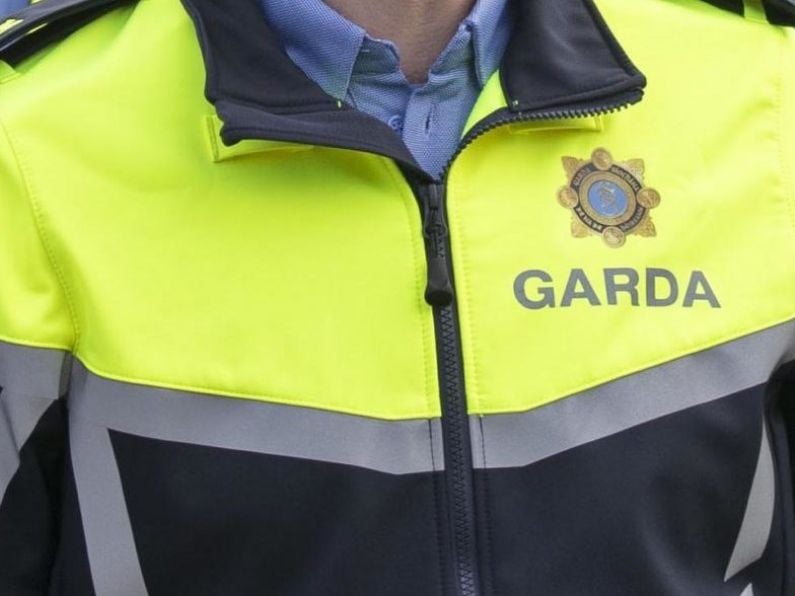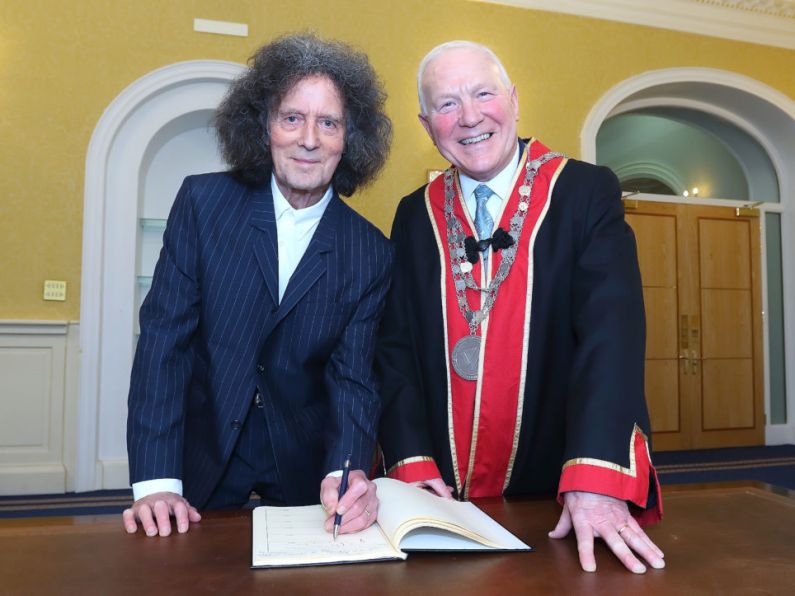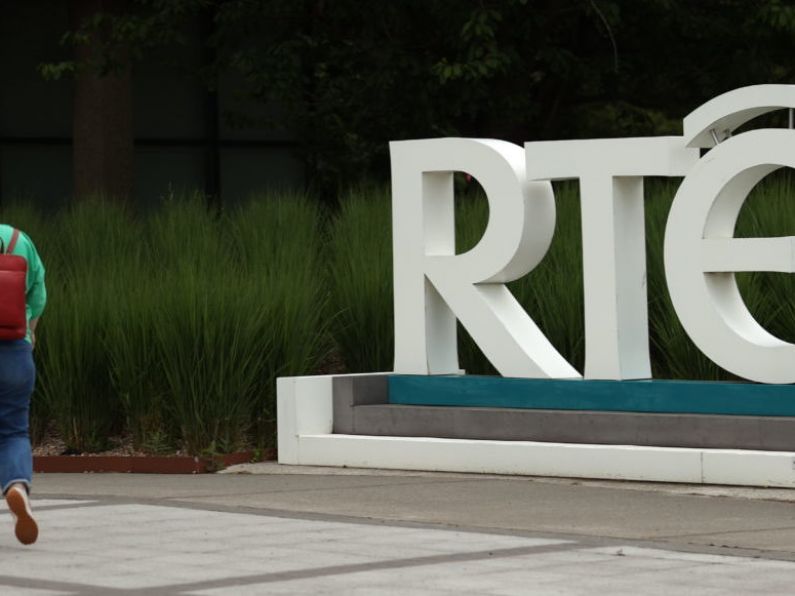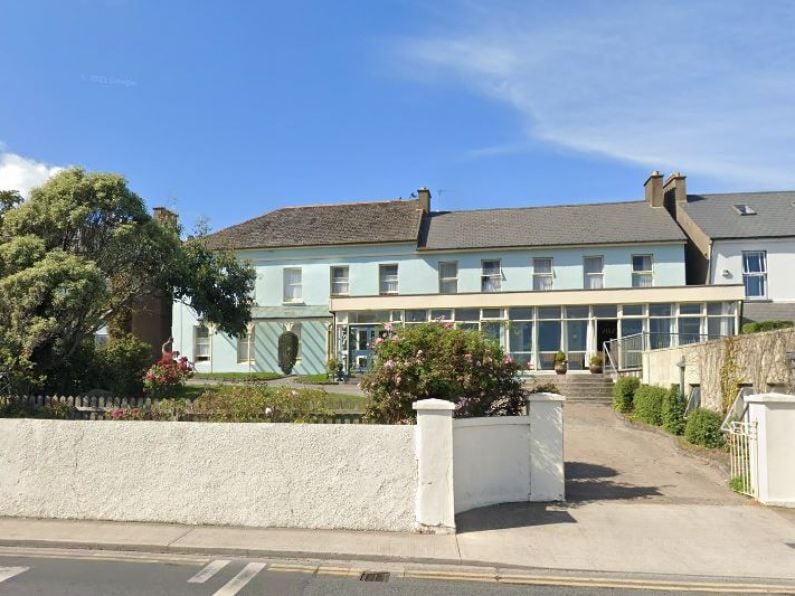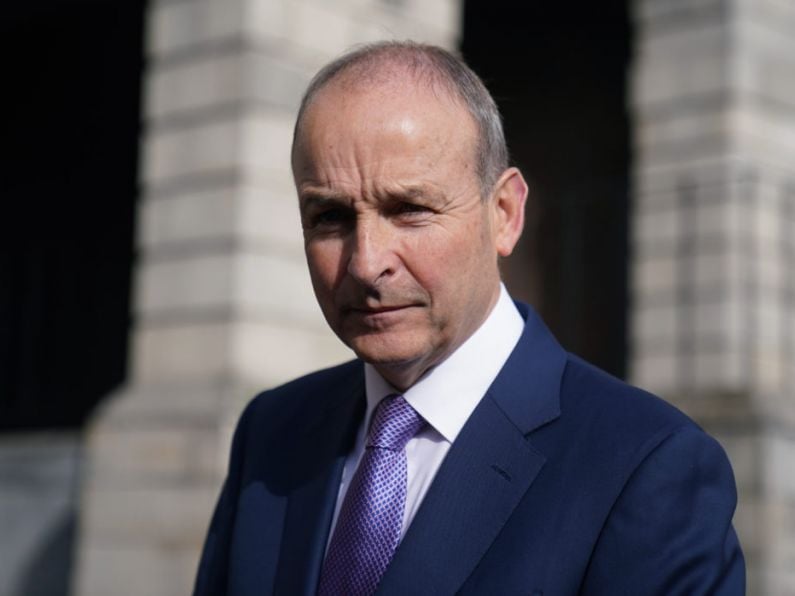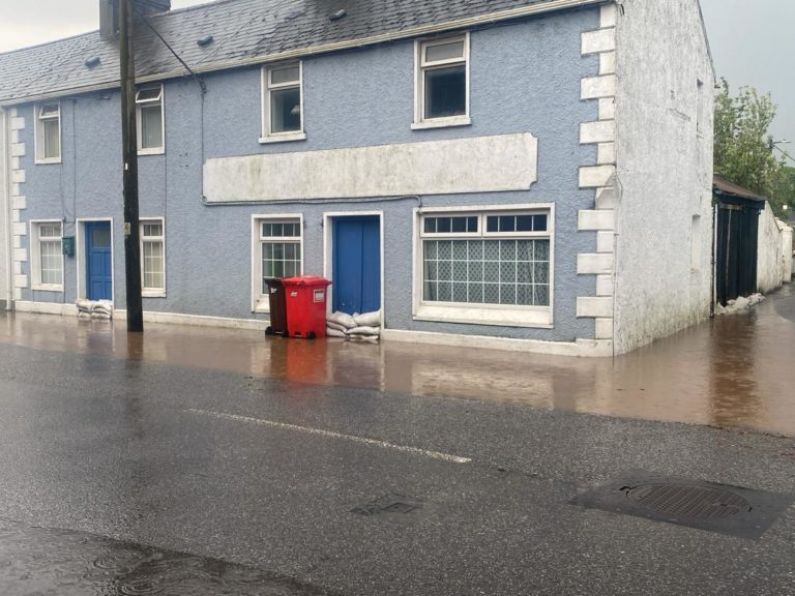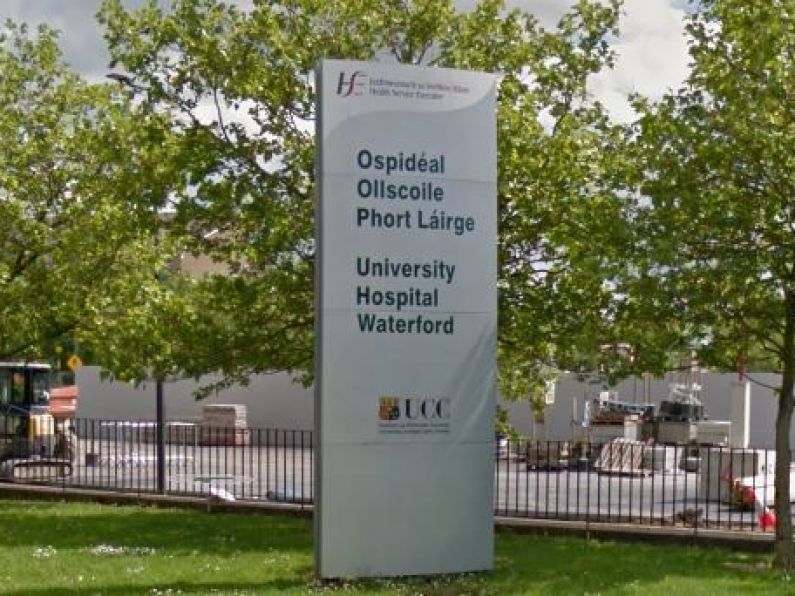James Cox
A Senator has criticised "thugs" who protest outside people's homes, after introducing a Bill that would make the practice an offence.
The Protection of Private Residences (Against Targeted Picketing) Bill 2021 was put forward by Fianna Fáil Senator Malcolm Byrne.
It is due to go before the Seanad for the next stage of the legislative process on May 23rd, and will be in the spotlight again after anti-immigration protesters gathered outside the home of Taoiseach Simon Harris in Co Wicklow during the week.
Mr Byrne told BreakingNews.ie: "I think a specific offence of targeted protesting outside any individual's home needs to be introduced now. We've seen further sinister incidents by a very small minority. It just shows you that we need to deal with this problem.
"To be very clear; it is completely unacceptable to engage in harassing behaviour outside the home of any individual. You're not just targeting a particular individual, you're impacting on their family, on their neighbours. In the case of the Taoiseach, he has a young family and, as he said himself, it was his kids' bedtime."
The thugs that were outside his house were not engaged in protest, they were engaged in intimidatory and harassing behaviour against a young mother and children.
The Wexford senator added: "The thugs that were outside his house were not engaged in protest, they were engaged in intimidatory and harassing behaviour against a young mother and children. That is not acceptable."
Mr Byrne said incidents such as this, and the recent demonstration outside the home of Integration Minister Roderic O'Gorman (also by anti-immigration protesters), cross the line.
"It's not a protest. The right to protest peacefully is very important, we need to protect and defend that. However, that right is not unlimited. That right does not extend to harassment or to the invasion of people's privacy.
"If people want to protest they can do that outside Leinster House, outside Government Buildings, but a person's home is not acceptable [to protest at]."
Fears have been expressed over the possibility of elected officials being victims of physical violence. Paul Murphy was the latest to voice concerns that a politician would be attacked, after he was targeted with a death threat recently.
Mr Byrne feels violence against politicians is a real risk.
"I think there's a real danger of that. When you look at the actions of some of these extreme elements and see how they engage in intimidation and harassment, not just towards politicians, there is a danger that something more serious will occur.
"There is a right to peaceful protest, but a lot of these are not peaceful protests, they are designed to harass and intimidate people.
"There is very clearly a need, I believe, for a specific offence of targeted protesting outside an individual's home.
"Those who think engaging in intimidatory behaviour outside the home of a young family is acceptable need to question their moral compass."

Mr Byrne said an "evidence-based debate" around immigration is needed.
"It's important that we have an evidence-based debate around immigration. For people with legitimate concerns, it's important that they can be expressed and heard, but I think you will find the overwhelming majority of people who have concerns, would be totally opposed to the idea of intimidating young families.
"Those with genuine concerns don't want to engage in that kind of personalised attack on individuals, they want to debate the issues.
"Yes, we can have a debate around immigration or any public policy issue, and people's right to protest if they disagree with government policy must be protected, but equally, an individual and their families have a right to privacy and protection from harassment, especially in their own homes.
"There is no element of public debate that is served by targeted harassment and intimidation outside a person's home."
He reiterated that the Bill is designed to protect all homes.
"We've seen the private homes of journalists and medical professionals targeted before. If you disagree with the actions of an organisation, protest outside the premises of the organisation, not at the home of the individual, their families and their neighbours.
"It's a specific offence for a targeted protest outside an individual's home [the Bill]. There are the necessary safeguards in place. For a criminal offence there are requirements around proof, but I think certainly where individuals wearing masks, holding out banners, outside private homes, those bully-boy tactics will be covered by the legislation.
"There is an argument over whether action can be taken with existing legislation. That debate can still happen. With the legislation I'm bringing forward, the intention is to create a specific offence, so there will be no doubt over whether action can be taken. We have to resource and support gardaí where people are taking part in violence and intimidation.
"Some of the scenes we have seen are not acceptable. Some people have to understand where the line is crossed between peaceful protest and harassment and intimidation."
Mr Byrne pointed out these protests are not "isolated incidents". Similar demonstrations have taken place outside Mr Harris' home before, along with former taoiseach Leo Varadkar, and Minister for Health Stephen Donnelly.
"Unfortunately, these are not isolated incidents. There is a very small fringe group who believe they can operate outside the law, and we need to create a specific offence to address these issues.
"We're very fortunate to live in an open and free liberal democracy. The right to protest is so important, I've taken part in protests myself, regularly met protesters outside Leinster House. Some are very angry, but they will engage on the issues. Their intention is not to intimidate or harass people. There is a small group who don't believe in peaceful protest or respect the institutions of the State."




